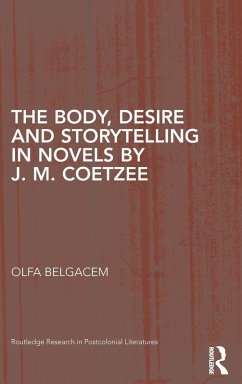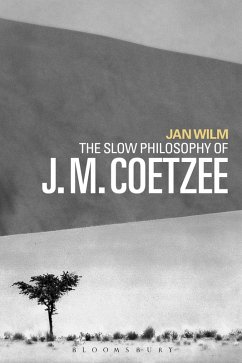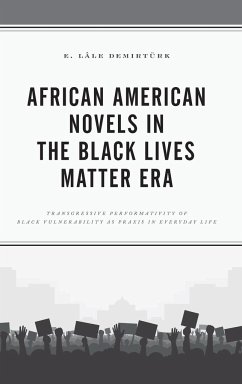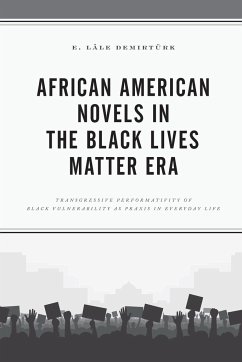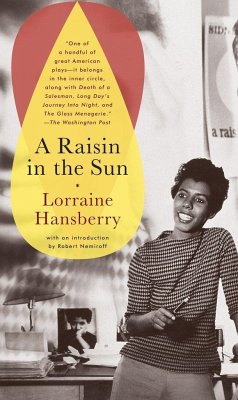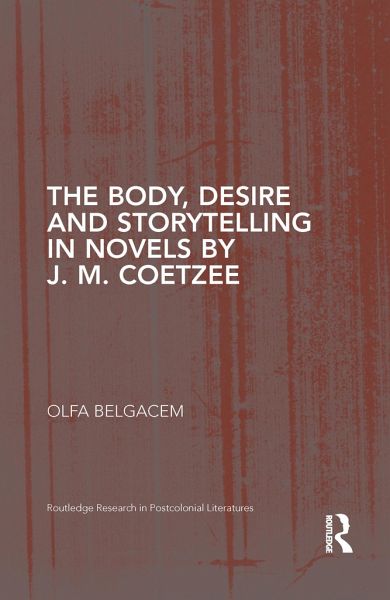
The Body, Desire and Storytelling in Novels by J. M. Coetzee
Versandkostenfrei!
Versandfertig in 1-2 Wochen
55,99 €
inkl. MwSt.
Weitere Ausgaben:

PAYBACK Punkte
28 °P sammeln!
Asserting that Coetzee's representation of the body as subject to dismemberment counters the colonial representation of the other's body as exotic and erotically-charged, this study inspects the ambivalence pertaining to Coetzee's embodied representation of the other and reveals the risks that come with such contrapuntal reiteration. Through the study of the narrative identity of the colonial other and her/his body's representation, the book also unveils the author's own authorial identity exposed through the repetitive narrative patterns and characterization choices.





